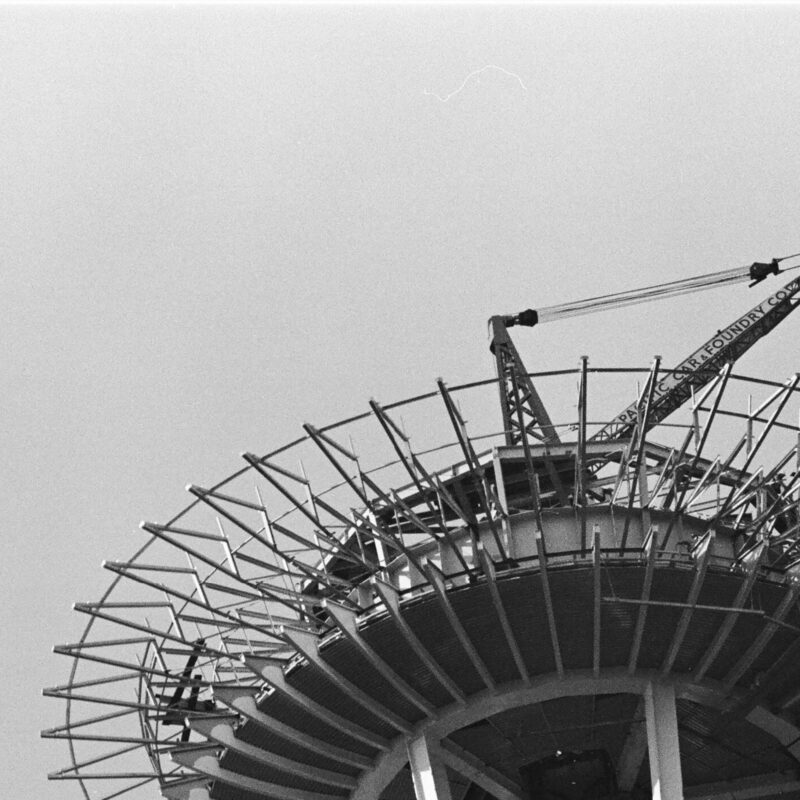An 幸运飞行168 _(官方开奖)体彩计划 Experience

See Forever
Lean into breathtaking views through floor-to-forever glass on our unique Skyriser glass benches.
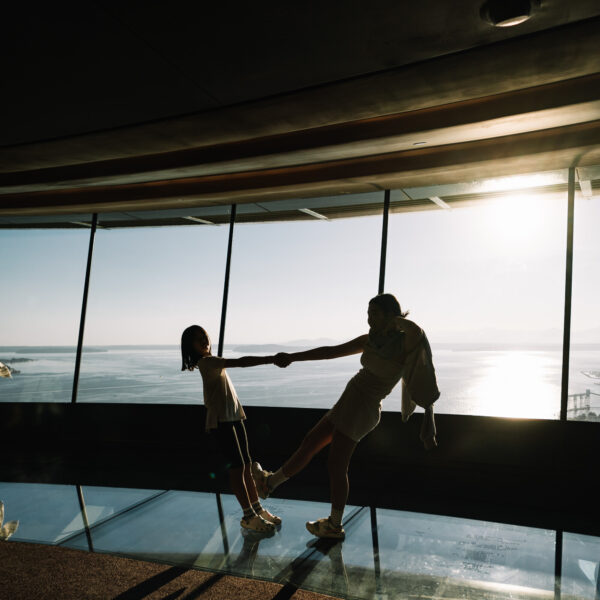
Glass Floor
The Loupe is the world’s first and only revolving glass floor. Experience thrilling views of the city below.
now – May 31
Bring-a-Friend Discounts
Priority Boarding – Skip the Line!
Parking Discounts + Exclusive Perks
Food, Drink, and Gift Shop Discounts
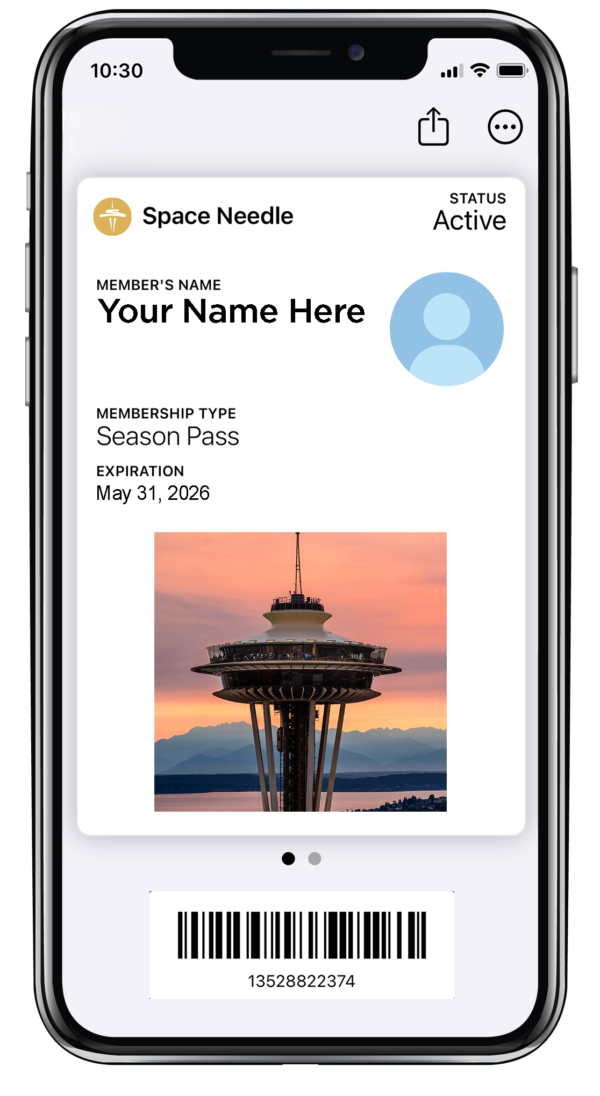
Hours
- Wednesday
- 10:00AM – 7:30PM
- Thursday
- 10:00AM – 8:00PM
- Friday
- 9:30AM – 9:30PM
- Saturday
- 9:00AM – 9:30PM
- Sunday
- 9:30AM – 8:30PM
- Monday
- 10:00AM – 8:30PM
- Tuesday
- 10:00AM – 7:30PM
We are open year-round, but hours vary by season. Please review changes & closures ahead of time.
Tickets
- General Admission
- $37.50 - $49.00
-
Add-on Chihuly Garden & GlassCombo Ticket
- $69.00
- Season Pass
- $99.00
- CityPASS
- $99.00 – $129.00
Discounts available for groups, schools, and special events. Prices vary by season & time of day. Call (206) 905-2100 for more info.
5分钟极速开奖!中国福彩飞行艇最新开奖号码 Indulge in an exclusive cocktail & culinary experience atop the Space Needle! Limited edition menus feature showstopping mixology paired with locally influenced food towers to bring your night out to new heights.
The Loupe Lounge is a 21+ experience. U.S. government-issued ID or passport required.
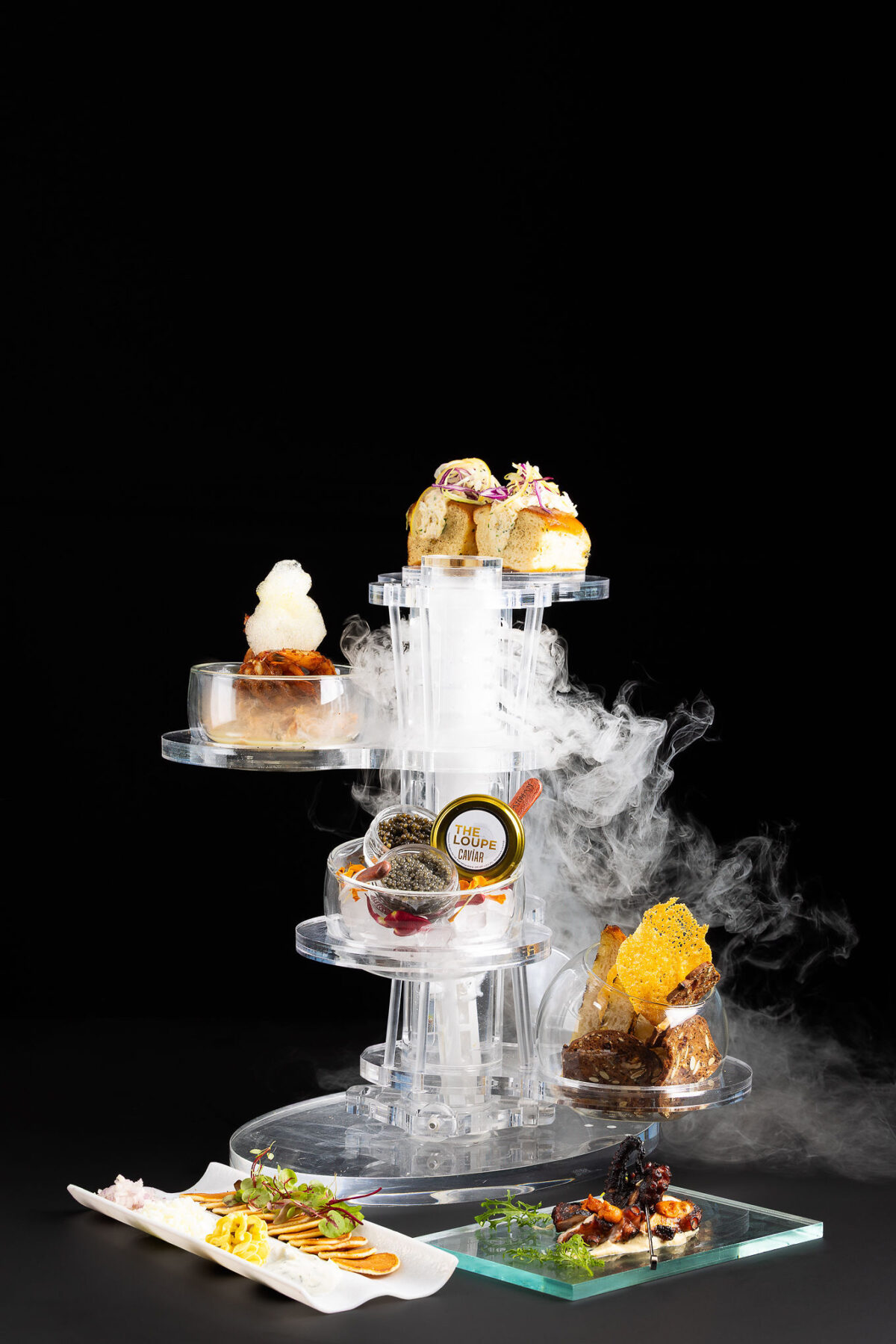
Though it would be easy to brush this off as a tourist attraction, the views you get at the top really are worth it.
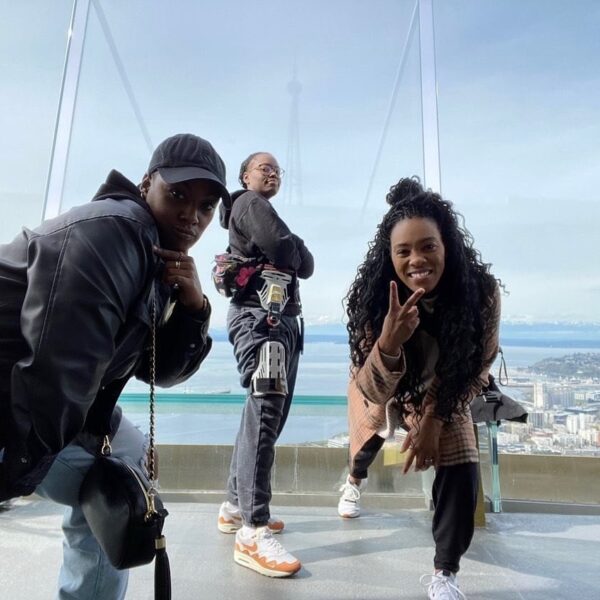
“La Família. The family is finally here. It took them six years but better late than never.”
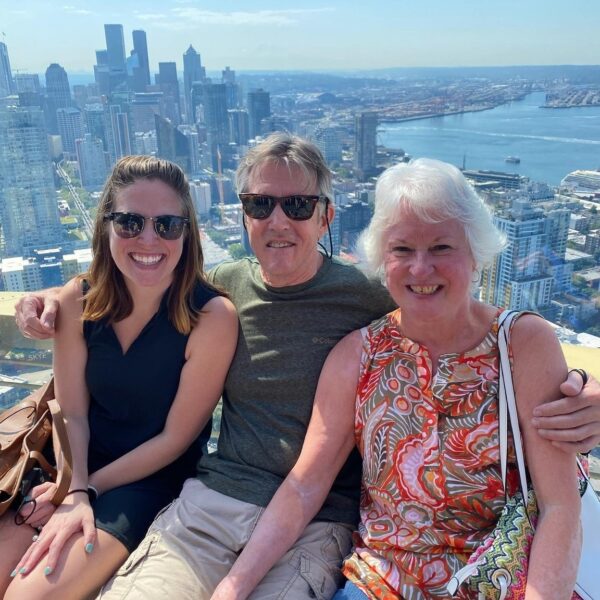
“...this has to be one of my favorite memories...”
预言成真?幸运飞行168官方开奖大揭秘!📈体彩历史记录全掌握
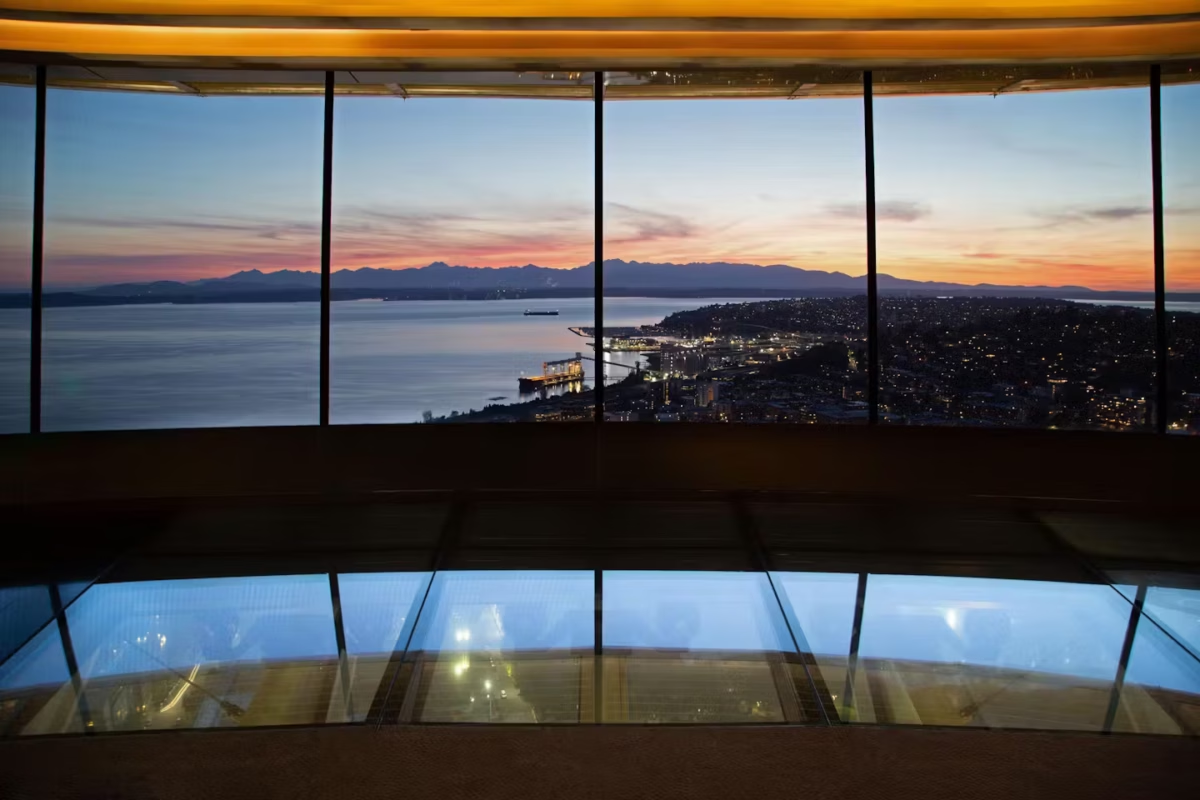
Atop our iconic rotating glass floor, this walk-up bar serves views, specialty cocktails, and local beer & wine. Watch the world go by from a view in motion that raises the bar.
The Sunset Bar: Upper Observation Level
Sip our signature Mai Tai in the Sky or treat yourself to local wines, PNW beers, and snacks including Pinkabella Cupcakes while you take in the views.
TipTop Cafe: Upper Observation Level
Make your way to the TipTop Cafe to try the freshest pies in the universe and creamy soft serve ice cream—served daily.
TIPTOP PIESTREAM: NORTH PLAZA
VISIT
Prepare for a safe and enjoyable launch for the best experience around.
Health & Safety
We’ve invested in the most effective, science-backed cleaning technologies and protocols.
Accessibility
Everyone is welcome, accommodations available for guests with disabilities.
Kids & Families
Kids love it. Make memories and capture photos that will last a lifetime.
To Inspire Wonder
The Space Needle was born out of ambition and dreams. Out of passion, risk, and the insatiable quest to show the world what comes next.

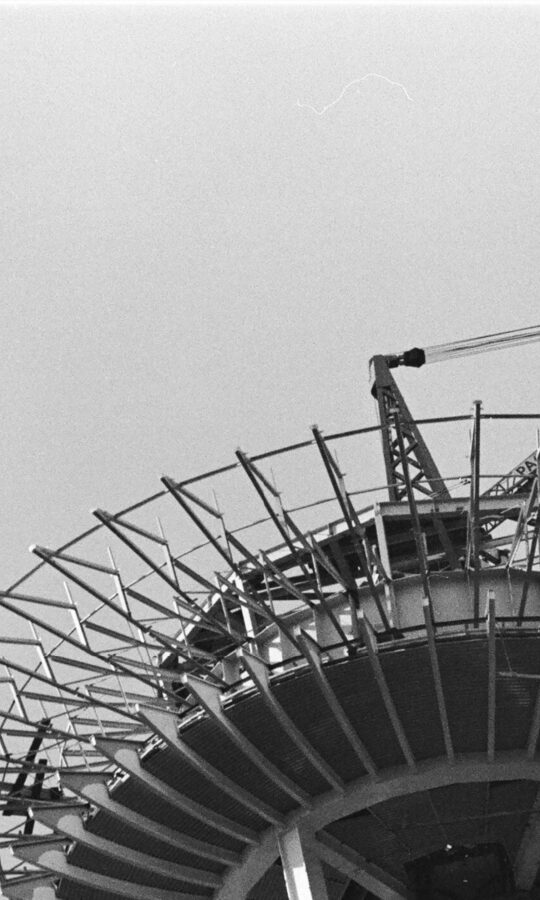
It reminds us of what ambitious human ingenuity and optimism can do, it also humbles us.
